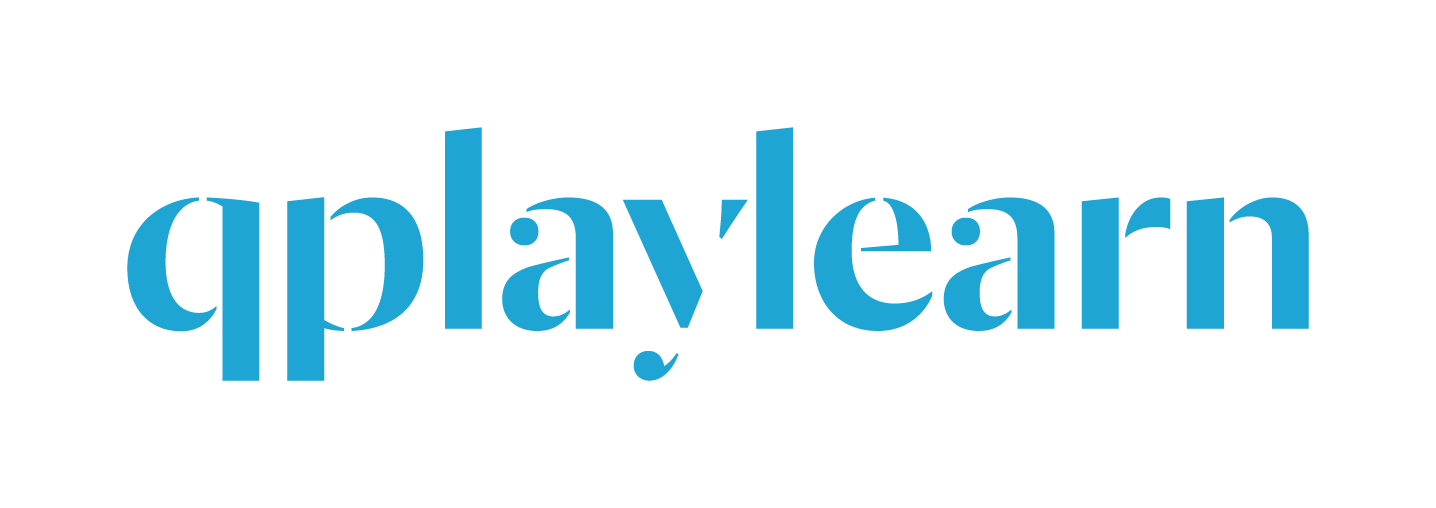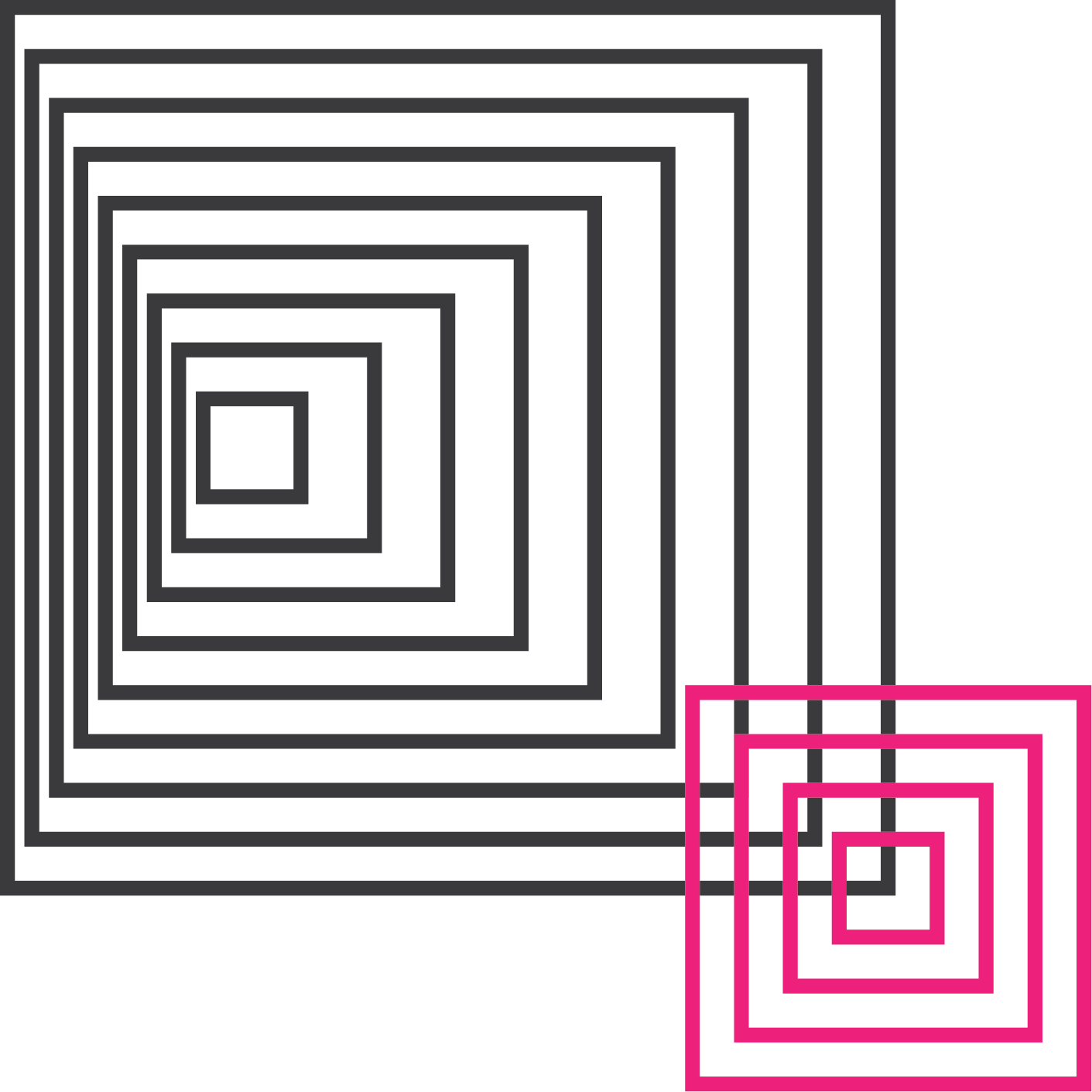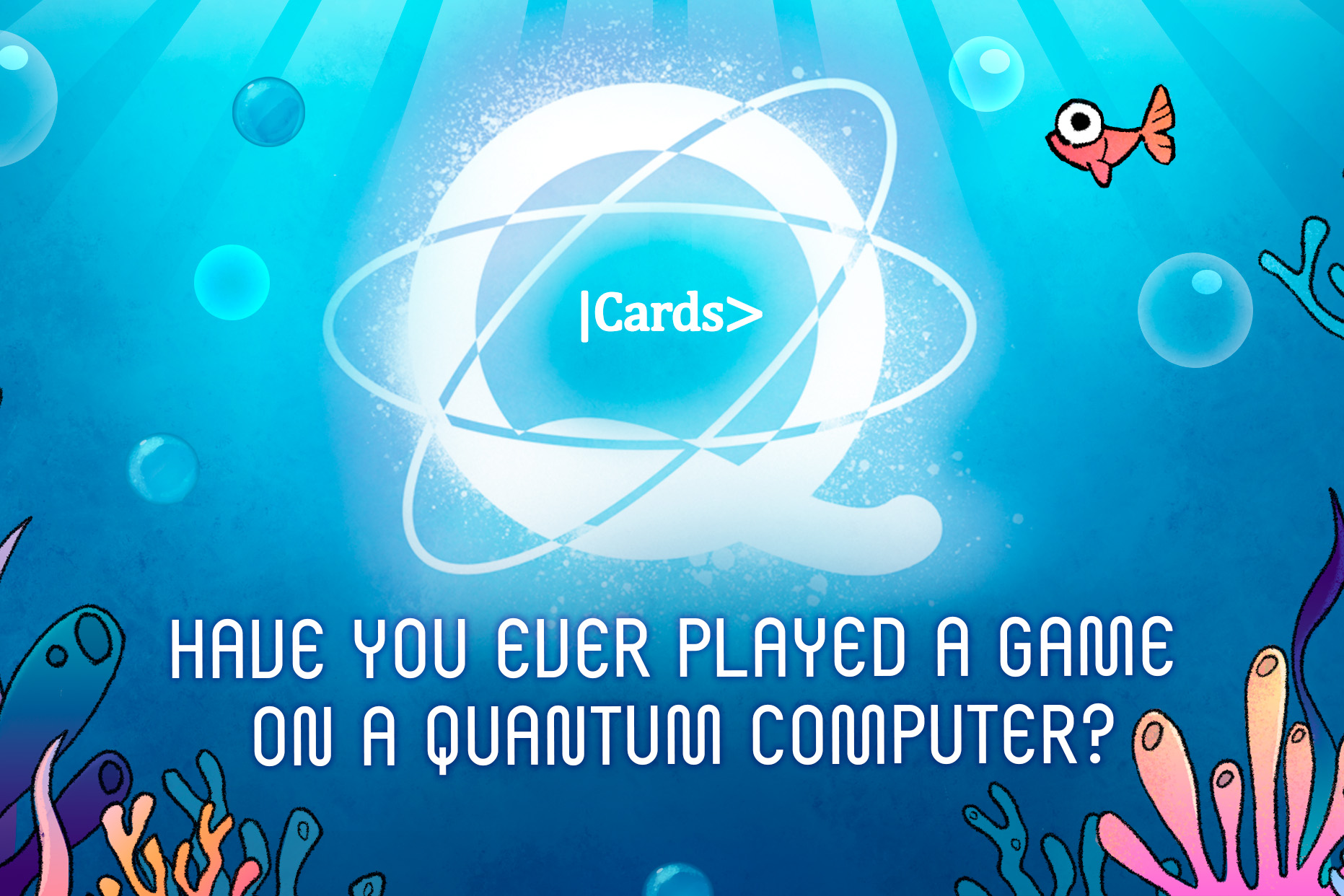

QUEST
Qubit
In this entry you will find information about what a qubit is. Start from the section that feels easier or closer to you (play, discover, or learn), and then explore the others to see how your understanding shifts and expands!
Play
Q|Cards> online
Initially launched on 27 July 2021, the upgraded, mobile Q|Cards> game will soon be available for download at play stores as a fully digital and multiplayer online version of the Q|Cards> tabletop game.
Start playing Q|Cards> on your mobile device or on your tablet! The app uses IBM's quantum computing library Qiskit to simulate the quantum circuits of 2 to 5 qubits you will be composing in the gameplay!
Credits:
Viktor Minin (Code, Game Design)
Sonya Minina (Graphics, Game Design)
Boris Sokolov (Code, Physics)
Caterina Foti (Physics)
Guillermo García-Pérez (Game Concept, Game Design, Physics)
Matteo Rossi (Code, Physics)
Sabrina Maniscalco (Production, Physics)

Discover
Discover more
The simplest possible quantum systems are those whose Hilbert space has dimension equal to 2, that is tantamount to saying that its basis contains two vectors, representing two states of the system.
Learn
In this link you’ll find a description of the qubit — the simplest possible quantum system — in terms of vectors on a Hilbert space. In addition, you will learn how to geometrically represent the state of the qubit on the surface of the so-called Bloch sphere.
Contact
Social
Menu
© 2020-2026 Algorithmiq QPlayLearn. All rights reserved.